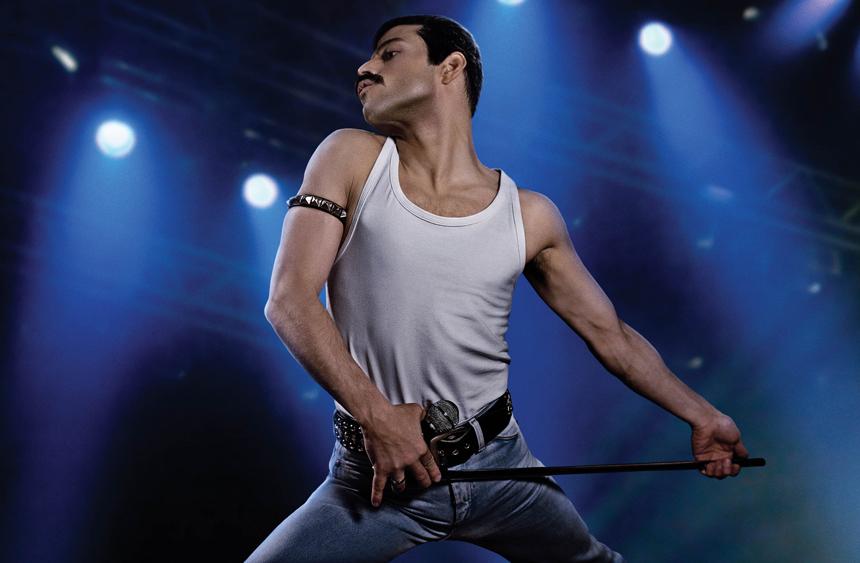A daring tribute to the British band Queen, the recently released biographical film “Bohemian Rhapsody” has met enormous success at the box office and garnered international attention. While the movie had been predicted to earn approximately $26 million on its opening weekend, it brought in more than $35 million and has become the highest-grossing musical biographical film in history.
“Personally, I do not listen to Queen’s music on a regular basis,” said Ashley Choi (11), a viewer of the film. “But despite this fact, and the fact that there is a generational gap between younger audiences and Queen’s generation, I was still able to enjoy the movie, probably because many of the songs were familiar and allowed me to sing along.”
The film follows Queen from its humble beginnings in 1970 to its iconic 1985 performance at the Live Aid concert in the Wembley Stadium. In particular, the personal life of Freddie Mercury, the band’s lead singer, is highlighted in many scenes: arguments with his father reveal their tumultuous relationship, his partying lifestyle demonstrates his socializing skills, and his interactions with the other band members and close friends depict him as a loving, compassionate individual. While Mercury is portrayed as someone who possesses a bold, flamboyant personality throughout most of the movie, the quieter moments in which he reflects on his loneliness and his inability to fit in with the other band members make it clear that he was a human being with genuine emotions and insecurities as well.
“‘Bohemian Rhapsody’ was truly a great movie,” said Joohwan Sung (11), an avid Queen fan. “I liked how the film focused on showing Freddie Mercury as a human being rather than depicting him simply as a great showman. Even while he was fighting a battle against AIDS, he was able to focus on making great music, which I thought the film did a great job of portraying. The perseverance Mercury showed reflects his human struggle that many people didn’t notice before.”
Indeed, the laughter, drama, and action packed into the movie captured the hearts of audiences internationally, and Rami Malek, who played Mercury, received critical acclaim for his performance. However, “Bohemian Rhapsody” also raised several concerns. Critics argued that there were several historical inaccuracies in the film that exaggerated the details and made the plot more one-dimensional. For instance, Freddie Mercury learned that he had AIDS two years after Queen performed at Live Aid, but in the movie, Freddie makes this discovery immediately before the concert—a slight change that was made in order to heighten the stakes of the performance.
“I noticed that some of the details in the movie might have been exaggerated,” said Eddie Hahm (10), a movie enthusiast. “It was clear that the filmmakers had taken some liberties with the dates and actual events because the plot was very fast-paced. Honestly though, the historical inaccuracies did not bother me that much. I feel like without [those changes], the movie would have been much slower and less exciting.”
Though there is still controversy about these historical details, the biopic has become one of the biggest movies of the year. Queen’s songs have even climbed back onto the Billboard charts more than 40 years after their initial release dates. For anyone willing to experience a musical, a documentary, and a rollercoaster of emotions condensed into a single film, “Bohemian Rhapsody” will be sure to satisfy.

